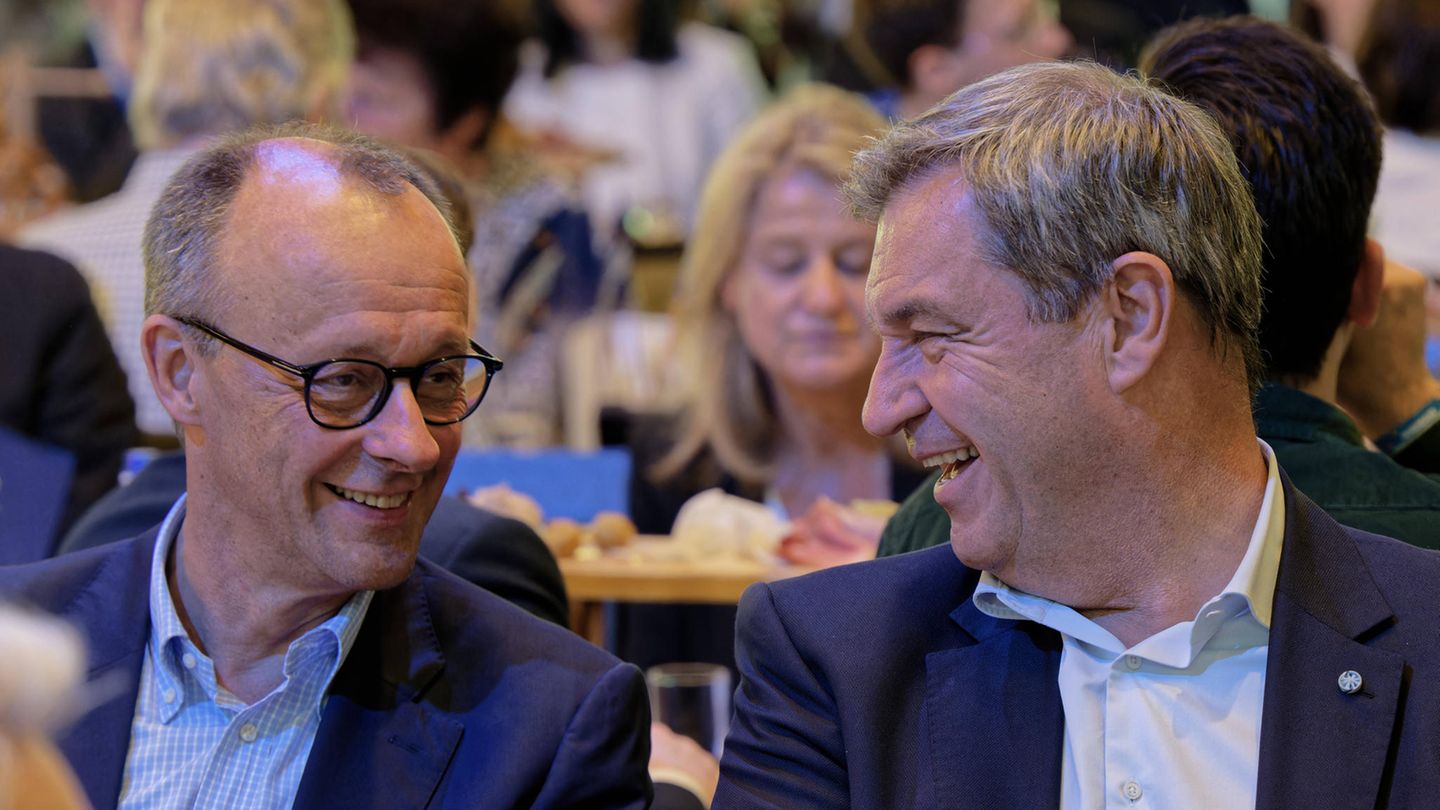Exclusive
Everyone is calling for new elections. Editorial writers, opposition politicians, and supposedly the citizens too. But if you ask them, it becomes clear that there is little enthusiasm for a CDU/CSU-led government.
Whether Markus Söder from the CSU, Carsten Linnemann from the CDU, Sahra Wagenknecht from the BSW or Alice Weidel from the AfD – everyone is calling for new elections soon. The tone in the comment columns is also clear: the traffic light coalition in Berlin is finished! According to the current political mood, the CDU/CSU would be the strongest force in the Bundestag. The Union could then form a coalition with the Greens or the SPD.
The majority promises little of new elections
However, there is little hope that Germany would be better governed after new elections and a change of chancellor to the CDU/CSU. The majority of citizens expect little from a change of government, as a Forsa survey for Stern magazine showed. Only a minority of 37 percent expect the country to be better governed after new elections than under the current traffic light coalition. 59 percent do not believe this: 43 percent do not expect any major differences between a CDU/CSU-led government and the current one; 16 percent even think that the country would be worse governed than it is today. 4 percent did not comment.
It is not surprising that 78 percent of CDU/CSU voters expect an improvement, but at least a fifth of them (18 percent) see no significant differences. Supporters of the Greens are most likely to expect a deterioration, at 45 percent. Voters of other parties mostly do not expect any major changes. This is the view of 54 percent of supporters of the SPD, FDP and the Sahra Wagenknecht coalition, as well as 49 percent of AfD voters.
Legally, the path to new elections would not be easy. Chancellor Olaf Scholz (SPD) would have to ask for a vote of confidence in the Bundestag and – intentionally – lose. Experts speak of a “fake vote of confidence”. Chancellor Gerhard Schröder last resorted to this measure in 2005 after the SPD’s defeat in the state elections in North Rhine-Westphalia. The then Federal President Horst Köhler then dissolved the Bundestag. It is unclear how the current head of state Frank-Walter Steinmeier would decide. He has just confirmed September 28, 2025 as the regular date for the next federal election.
The data was collected by the market and opinion research institute forsa for the star and RTL Deutschland on August 22 and 23, 2024 by telephone. Data basis: 1006 respondents. This makes the survey representative. Statistical error tolerance: +/- 3 percentage points
Source: Stern
I have been working in the news industry for over 6 years, first as a reporter and now as an editor. I have covered politics extensively, and my work has appeared in major newspapers and online news outlets around the world. In addition to my writing, I also contribute regularly to 24 Hours World.




